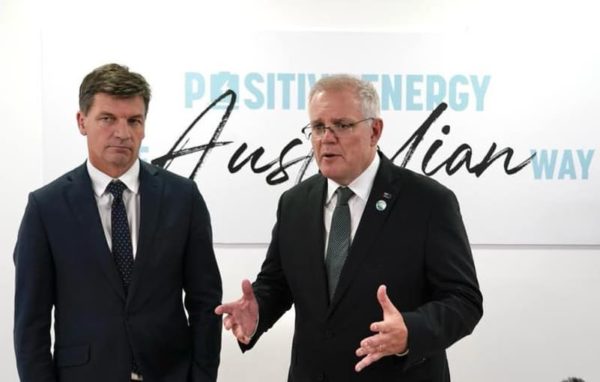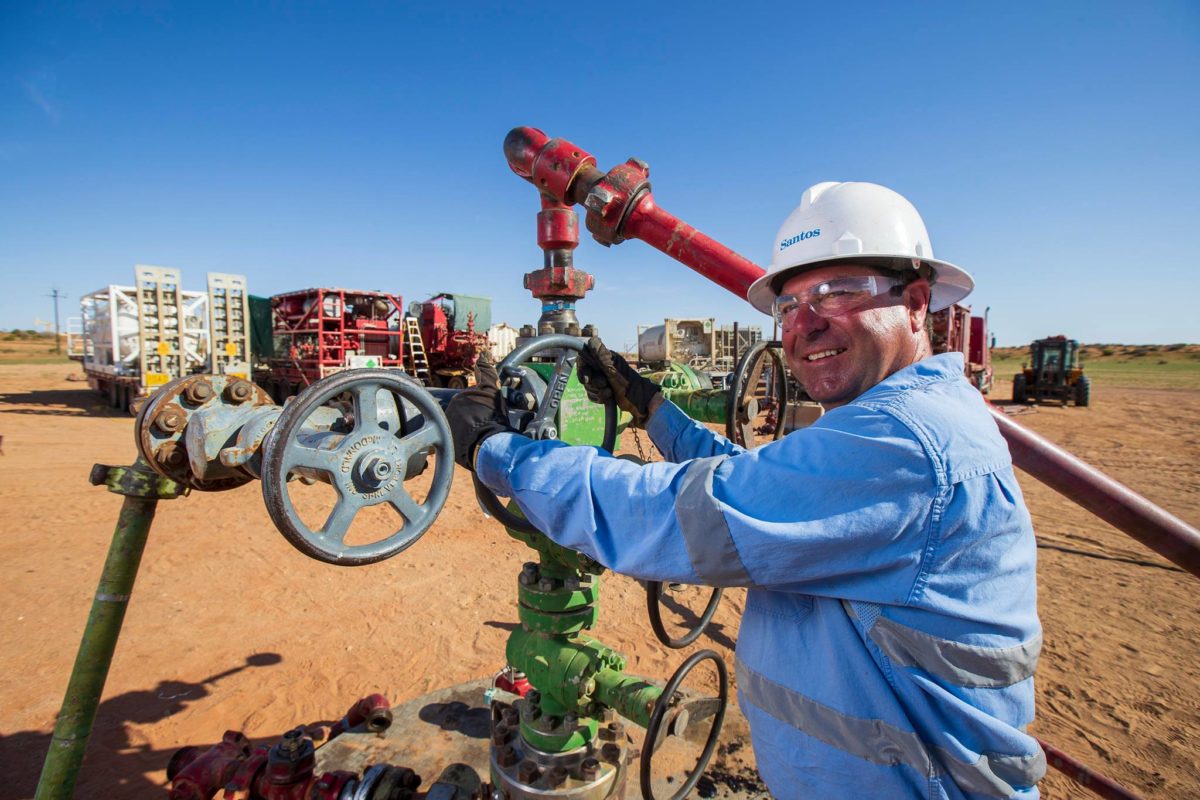The Australian government has pledged $500 million as part of the planned creation of a $1 billion technology fund intended to drive investment in Australian companies and develop new low-emissions technology, including carbon capture and storage (CCS).
The Low Emissions Technology Commercialisation Fund would combine $500 million of new capital for the Clean Energy Finance Corporation (CEFC) with a further $500 million to be raised from the private sector.
Prime Minister Scott Morrison said the fund would, subject to parliamentary approval, invest in early stage and growth businesses which are commercialising technologies that have the potential to accelerate Australia’s transition to net-zero emissions by 2050.
“Our plan to reach net zero by 2050 is an Australian one that’s focused on technology not taxes and this fund backs in Australian companies to find new solutions,” he said.
“We are backing Australian businesses by creating an environment for their successful ideas to thrive.”
The government’s list of potential areas for the fund’s investments include improvements to solar panels, the development of lighter and smaller battery cases and software developments to improve the operational efficiency of low-emissions technologies.
The legislative package would also include the expansion of the CEFC’s remit to enable it to invest in CCS.
The CEFC can currently invest in a broad range of low-emissions technologies, with CCS among those few technologies the clean energy funding body cannot back. The government’s legislation, set to be introduced in this term of Parliament, would remove the prohibition relating to CCS.
The government regards CCS as a priority under its Technology Investment Roadmap but the Smart Energy Council (SEC) said the technology remains uneconomical and unproven at scale.

Image: Facebook
“The Smart Energy Council absolutely rejects these latest attempts to gut the CEFC by forcing it to fund unproven, uneconomic CCS technology,” the SEC said in a statement.
“No CCS projects have been delivered on time, on budget or with promised emissions reductions anywhere in the world, despite decades of trying. The technology remains hugely expensive.
“This is yet another attempt to prop up Australia’s thermal coal industry, at the expense of renewables.”
CEFC chief executive officer Ian Learmonth said the Technology Commercialisation Fund would enable the green bank to continue investing venture and growth capital to support the commercialisation and deployment of low-emission technologies.
“It will also complement the ongoing role of our $200 million Innovation Fund, which is matching investors with local entrepreneurs whose homegrown technological breakthroughs are so important to decarbonisation,” he said in a statement.
“There is no single solution to cutting carbon emissions, which is why the diversity of these technologies is so important.”
The proposed allocation of an additional $500 million to the CEFC for investment through the Technology Commercialisation Fund would represent the first increase in Australian government funding for the CEFC since it was established in 2012.
In that time the CEFC has committed $9.5 billion across 220 large-scale projects and 23,700 smaller-scale transactions, driving $33 billion in new investments across the economy.
The government is expected to introduce legislation to establish the Technology Commercialisation Fund in this term of Parliament.
Santos leads CCS way
The announcement of the proposed fund comes just weeks after oil and gas giant Santos and joint venture partner Beach Energy revealed a final investment decision (FID) to proceed with the $220 million Moomba CCS project in South Australia.
Santos chief executive Kevin Gallagher said the project has been successfully registered with Australia’s Clean Energy Regulator (CER) with start-up expected in 2024.
“This carbon reduction project in the South Australian outback will be one of the biggest and lowest cost in the world and will safely and permanently store 1.7 million tonnes of carbon dioxide per year in the same reservoirs that held oil and gas in place for tens of millions of years,” he said.
The Moomba CCS hub is the first project of its kind to be registered under the government’s Emissions Reduction Fund (ERF).
This content is protected by copyright and may not be reused. If you want to cooperate with us and would like to reuse some of our content, please contact: editors@pv-magazine.com.









By submitting this form you agree to pv magazine using your data for the purposes of publishing your comment.
Your personal data will only be disclosed or otherwise transmitted to third parties for the purposes of spam filtering or if this is necessary for technical maintenance of the website. Any other transfer to third parties will not take place unless this is justified on the basis of applicable data protection regulations or if pv magazine is legally obliged to do so.
You may revoke this consent at any time with effect for the future, in which case your personal data will be deleted immediately. Otherwise, your data will be deleted if pv magazine has processed your request or the purpose of data storage is fulfilled.
Further information on data privacy can be found in our Data Protection Policy.